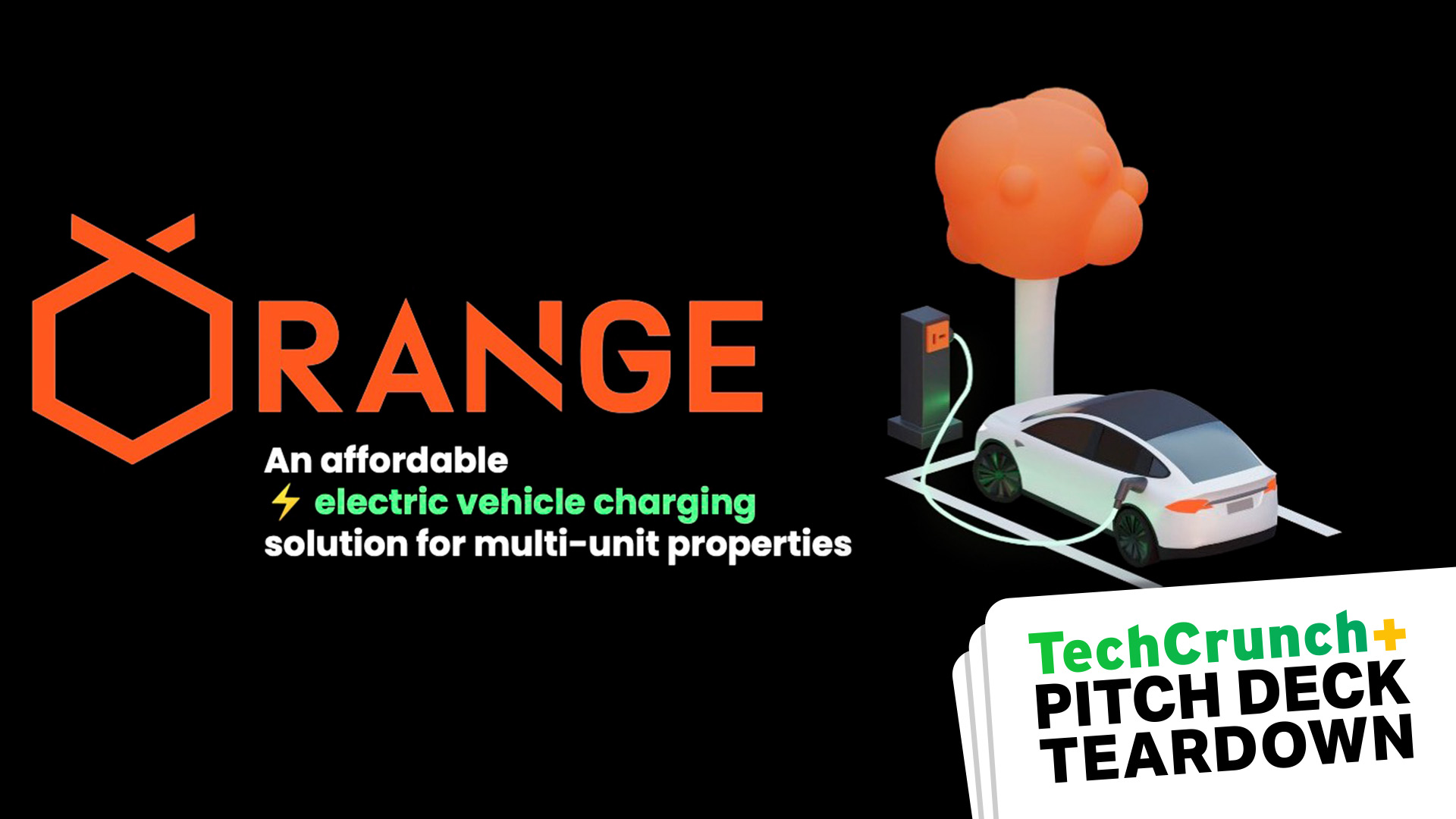Americans spent nearly $20 billion on pizza deliveries in 2021.
Most of us could probably bake one at home, but speed and convenience are powerful incentives at dinnertime.
The potential of AI tools like ChatGPT creates a similar dilemma — should companies license large language models without modifications, or customize them and pay much higher usage rates?
“While building looks extremely attractive in the long run, it requires leadership with a strong appetite for risk over an extended time period,” writes ML engineer Tanmay Chopra.
Full TechCrunch+ articles are only available to members.
Use discount code TCPLUSROUNDUP to save 20% off a one- or two-year subscription.
In a comprehensive article that weighs development costs and technical debt against time to market, Chopra encourages readers to consider factors like product defensibility and risk before deciding whether to build or buy.
Since most startups are not AI businesses, his post also evaluates “middle ground approaches” like prompt engineering, closed source approximation and building on top of open source solutions.
“If you want to be an AI business, work toward that over time: store data cleanly, start building an ML team and identify monetizable use cases,” he advises.
Thanks very much for reading TC+ this week!
Walter Thompson
Editorial Manager, TechCrunch+
@yourprotagonist
When it comes to large language models, should you build or buy?
4 practical steps for using no-code to evolve your prototype to an MVP

Forget about dogs: No-code development tools can be a non-technical founder’s best friend.
Building a minimum viable product once required engineering and design ability. Now, bootstrapping founders can iterate without developers to keep costs down and extend their runway.
“Instead of getting caught up trying to design the perfect and complete MVP release all at once, try to deliver value as quickly as possible and continuously improve your prototype,” advises Katherine Kostereva, CEO and managing partner of Creatio.
She shares four tactics for transforming prototypes into usable products via no-code:
- Embrace an everyday delivery approach.
- Proper scoping and decomposition.
- Carefully manage and decouple dependencies.
- Invest in continuous deployment automation.
4 practical steps for using no-code to evolve your prototype to an MVP
Teach yourself growth marketing: How to perform growth experimentation through A/B testing

Despite the myth, sharks don’t need to keep swimming to keep breathing. Early-stage startups, on the other hand, are not so fortunate.
If driving growth is a priority, companies must run an ongoing series of A/B tests that can help refine marketing messages and make their product pipelines more relevant to customers’ needs.
In part three of a five-article series on growth marketing fundamentals, Jonathan Martinez explains how to properly manage A/B tests, identify statistical significance when reviewing data and prioritize experiments that maximize reach and impact.
Teach yourself growth marketing: How to perform growth experimentation through A/B testing
Startups should expect more scrutiny from VCs on their hiring plans

Now that investors are exercising greater due diligence, early-stage hiring plans are under more scrutiny, reports Rebecca Szkutak.
“It is not to say, ‘do not hire’ — it is just that we need to see the double-click now on why,” says Angela Lee, an angel investor and venture partner who’s also a professor at Columbia Business School.
“You need X number of million of dollars for what? Why do you need a chief data scientist and architect?”
Startups should expect more scrutiny from VCs on their hiring plans
Dear Sophie: How do I change my L-1B to an H-1B through the lottery?

Dear Sophie,
I am currently working in Seattle having relocated from Chile on an L-1B visa.
Can I change my L-1B visa to an H-1B with a different company? My understanding is that L visas are restricted to working only with the issuing company.
— Charming Chilean
Dear Sophie: How do I change my L-1B to an H-1B through the lottery?
Pitch Deck Teardown: Orange’s $2.5M seed deck

EV charging company Orange raised a $2.5 million seed round to scale up plans to build a charger network for multiunit properties, and its founders shared their winning pitch deck with TechCrunch+:
- Cover slide
- Mission slide
- Problem slide
- Macroeconomic market slide (“Why now?”)
- Market size slide
- Solution slide
- Value proposition slide
- Product tech spec slide
- Product slide
- Competitive landscape slide
- Competitive advantage slide
- Business model slide
- Cash flow slide
- Go-to-market slide
- Team slide
- Advisers slide
- “The ask” slide
- Contact slide
- Appendices cover slide
- Appendix I: Product install photos
- Appendix II: 3-year financial projections
- Appendix III: Headcount slide
- Appendix IV: Sources and references































Comment